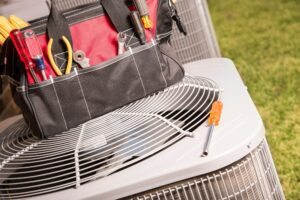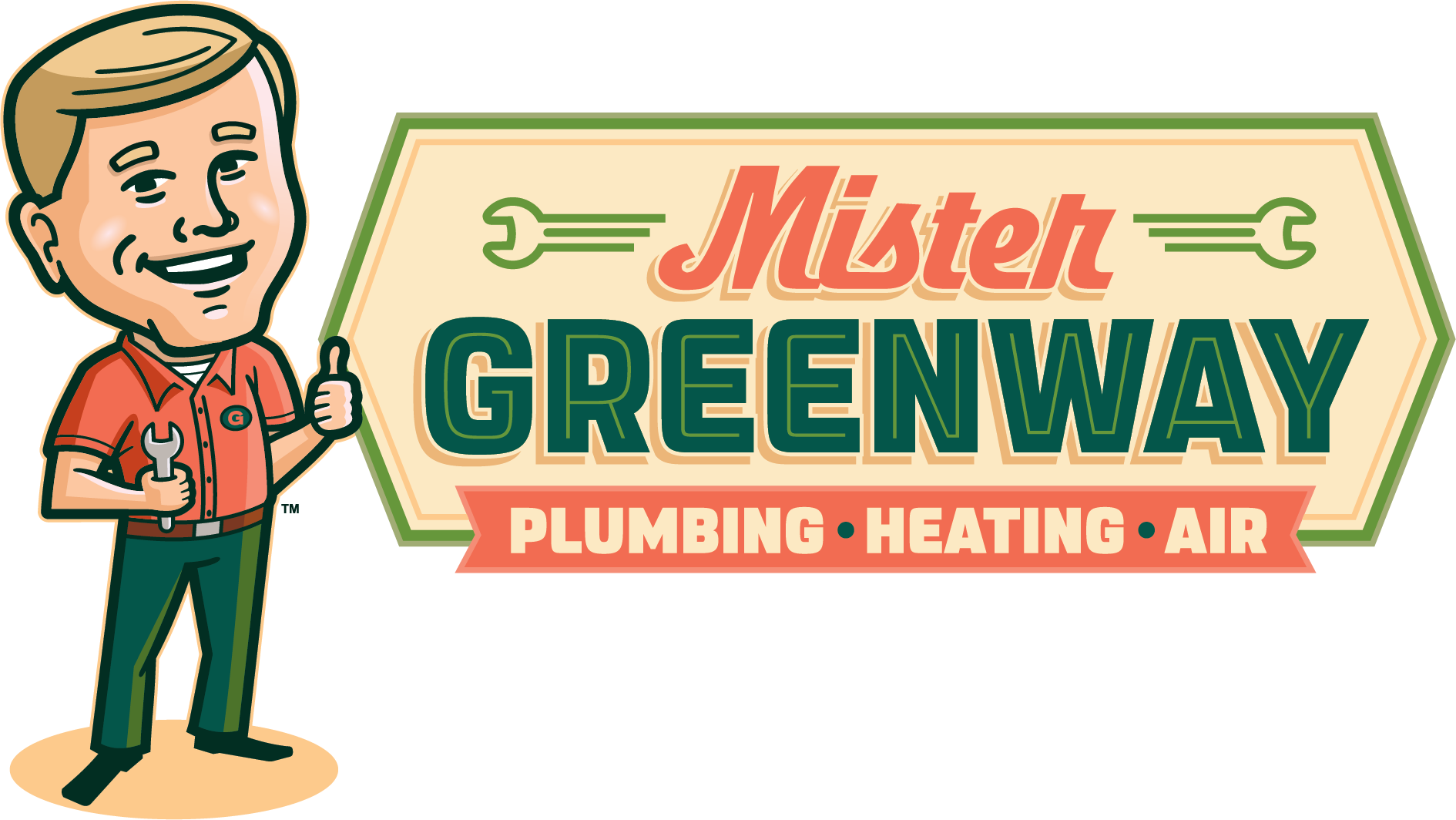 Your air conditioner’s condenser is indispensable in keeping your home comfortable in Memphis. This outdoor unit is responsible for expelling the heat from inside your house to the outside. Without the AC condenser, your air conditioning system couldn’t cool things down how it should.
Your air conditioner’s condenser is indispensable in keeping your home comfortable in Memphis. This outdoor unit is responsible for expelling the heat from inside your house to the outside. Without the AC condenser, your air conditioning system couldn’t cool things down how it should.
Likewise, the heat transfer direction also comes into play in heat pump systems, where the process is reversed. This is what makes the unit warm your home in colder seasons.
How Does an AC Unit Work?
At a high level, air conditioners work by moving heat from indoors to outdoors. A few key components work together to make this happen: the evaporator coil, condenser coil, compressor, refrigerant lines, and fans.
The evaporator coil inside your home absorbs heat from the air. As it does this, the refrigerant inside the coil turns into a gas and flows to the compressor in the outdoor condenser unit.
The compressor pressurizes the refrigerant, turning it into a hot, high-pressure gas. This gas then goes through the condenser coil, where outdoor air helps cool it down. As the refrigerant cools, it condenses into a liquid and gets ready to go back to the evaporator coil to absorb more heat.
This cycle of absorbing heat indoors and releasing it outdoors is what allows your AC system to lower the temperature in your home.
What Is an AC Condenser?
The condenser is the outdoor unit of your air conditioner. Its main job is to take the heat from your home and release it outside. Without this, the system wouldn’t be able to cool your home.
The condenser is a must for the cooling process and plays a significant role in making your home comfortable during hot weather.
Key Components of an AC Condenser
The key components in the condenser include:
1. Compressor
The compressor increases the pressure of the refrigerant gas, preparing it to release the absorbed heat when it reaches the condenser coil. This is a must-have step in the cooling cycle.
2. Condenser Coil
This coil is where the heat transfer happens. As the hot gas passes through the coil, the outdoor air helps cool it, turning the gas back into a liquid. This process prepares the refrigerant to absorb more heat once it cycles back to the evaporator.
3. Fan
The fan blows outdoor air across the condenser coil, aiding in the cooling process. By moving air over the coil, the fan helps expel the heat carried by the refrigerant.
4. Refrigerant Lines
These lines connect the indoor evaporator coil to the outdoor condenser unit, transporting refrigerant back and forth throughout your system.
5. Expansion Valve
After condensing the refrigerant into a liquid, it passes through the expansion valve. The valve lowers the refrigerant’s pressure, cooling it further before it goes back to the evaporator.
6. Pressure Switches
These safety devices monitor the refrigerant pressure. If the pressure becomes too high or low, the switches shut down the system to prevent damage.
7. Electrical Components
Electrical parts like capacitors, relays, and control boards help manage the system’s operation. They work with the thermostat to keep the system running in top shape.
How Does an AC Condenser Work?
1. Heat Absorption
Inside your home, the evaporator coil absorbs heat from the air, causing the refrigerant to evaporate and turn into a low-pressure gas.
2. Compression of Refrigerant
The gas travels to the compressor in the condenser, where it is compressed into a high-pressure, high-temperature gas.
3. Heat Release
The refrigerant moves to the condenser coil, releasing heat into the outdoor air. As it cools down, it condenses back into a liquid.
4. Refrigerant Expansion
The liquid refrigerant passes through the expansion valve, which lowers its pressure and cools it down before it returns to the evaporator coil to start the cycle again.
How Important Is the AC Condenser?
The condenser is key to having your air conditioning system cool your home efficiently. Without a properly functioning condenser, your AC system couldn’t effectively remove heat from your home and keep you cool.
A malfunctioning condenser also causes the system to work harder, bumping your energy use and utility bills.
We recommend regular maintenance to keep your condenser and system in tip-top shape. Things like dirty coils, faulty fans, or refrigerant leaks can all impact the condenser’s performance. And we don’t need to say that this drops the overall efficiency of your air conditioner and its lifespan.
How to Get the Most Out of Your AC Condenser
To maximize the performance of your condenser, we recommend keeping the area around it clear. Make sure there are at least two feet of space around the unit, and regularly remove debris like leaves, grass clippings, and dirt. These can block airflow, making it harder for the condenser to release heat.
You should also periodically check the fins and coils for dirt or damage. If you notice any buildup, it’s time to clean the unit or call a pro to service it. Remember, when you keep the condenser clean and free of obstructions, you help it perform better and shrink the chance of breakdowns.
Overall, maintaining your condenser is easy, but regular inspections, cleaning, and testing of components like the fan and electrical parts can catch problems early and keep your system working efficiently.
When you need help, you can always call us at Mister Greenway Plumbing, Heating & Air Conditioning. Our friendly techs will arrive within 30 minutes to check your condenser for any signs of trouble.
AC Repair in Memphis with Mister Greenway
Regular inspections and maintenance are a no-brainer, keeping your air conditioning system working like a horse machine. And guess who’s winning? You, of course, as this helps your system run more efficiently, use less energy, and last longer overall.
But if you run into any AC condenser troubles or need other AC repairs in Memphis, our team at Mister Greenway has your back. We’ll send the calvary to the rescue and get your cooling back up and running in no time. And don’t worry, we should get to your home in under 30 minutes. Keep your AC condenser and air conditioning unit in top shape. Give us a call today!
